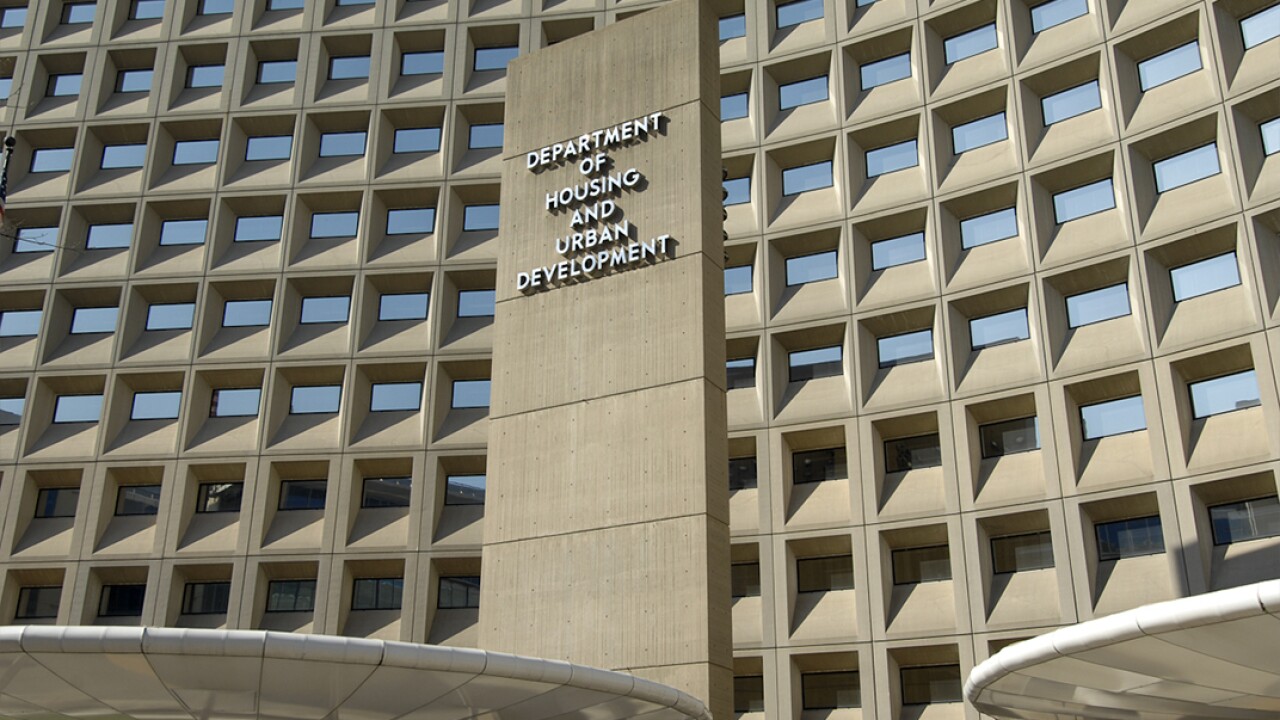
Advanta Corp., whose survival is threatened by a continuing surge in chargeoffs and delinquencies, reassured investors Thursday that it is taking steps to avoid an early amortization of its credit card master trust.
The Spring House, Pa., issuer, which specializes in small-business cards, outlined a series of steps, including selling receivables into its trust and increasing customer prices, that it said would help it avoid early amortization — a rare event in which cash flows from a trust would be directed to pay off bondholders and the structure would unwind.
Last week analysts had said that Advanta's mounting losses and delinquencies raised the possibility of early amortization; one went so far as to say it might be forced into bankruptcy. The issuer, which quietly responded with a terse regulatory filing last week saying early amortization could be avoided, spent much of its fourth-quarter conference call Thursday morning laying out its strategy.
"Contrary to some outside speculation, we do not foresee our cash being drained away by early amortization of our securitized master trust," Dennis Alter, Advanta's chief executive, said during the call.
Advanta did not give guidance for this year, but Philip M. Browne, its chief financial officer, acknowledged that cash-trapping — a less-extreme alternative to early amortization — was possible, "although the effect on our liquidity would be small."
Cash and liquid investments increased 44.4% from the third quarter, to $2.6 billion. Deposits increased 25%, to $2.5 billion.
Mr. Browne said several tactics are available to raise customer revenue and forestall early amortization.
"We have increased the average rate of interest that we charge our customers in response to the worsening risk profile of many customers in our portfolio, and as a result," the managed net yield "has widened," Mr. Browne said Thursday.
Advanta believes it can avoid early amortization because "we have tools available to increase revenues, such as customer balance repricing, spend-stimulation programs, and fee increase opportunities," he said. "We also have tools that would enable us to shift the timing of cash flows that would come from actions such as changing the timing of collection settlement offers.
"We also have securitization structuring alternatives available," Mr. Browne said. "We could establish a yield supplement account using parent cash, or we could sell it at discount or contribute cash receipts from parent receivables to the trust. These items would add more cash flow to the trust. … We're also under no obligation to fund any receivables on our balance sheet, and we are free to do so for the accounts we choose and to the degree we choose."
He also said Advanta's parent-funded receivable portfolio could contribute "about $100 million or so" of receipts to the trust.
Sameer Gokhale of KBW Inc.'s Keefe, Bruyette & Woods Inc., wrote in a note to investors Thursday: "The company can also transfer cash directly from the parent company into the trust for the same purpose. … This mechanism should give the company a substantial amount of breathing room in the near term."
Advanta announced several other cost-cutting measures Thursday. Its board slashed the quarterly dividends on its two classes of stock — the dividend for class A shares dropped 15.71 cents, to 2 cents a share, and the dividend for class B shares dropped 18.75 cents, to 2.5 cents.
The company also said it would lay off about 300 employees, or about a third of its staff.
In the fourth quarter, Advanta swung to a loss of $46.9 million, or $1.16 per combined diluted share, from a profit of $7.3 million, or 17 cents a share, a year earlier. Its managed chargeoff rate increased 199 basis points from the third quarter and 786 basis points from a year earlier, to 11.99%.
Advanta said new accounts fell 75% from a year earlier, to 15,312. Its account total at the end of the quarter fell 20%, to about 1 million.
Mr. Gokhale now says he expects Advanta to lose $2.74 a share this year and 90 cents next year, primarily because of higher chargeoffs. (His previous estimates called for a loss of 89 cents this year and a profit of 30 cents next year.) But he maintained his "market perform" rating on Advanta's stock. "If the company can avoid early amortization until credit quality improves, we believe the shares offer substantial potential for appreciation," he wrote.
(Christopher C. Brendler, an analyst at Stifel, Nicolaus & Co. Inc., predicted last week that Advanta's losses could eventually force it into bankruptcy. He was traveling Thursday and could not comment by press time.)
Mr. Alter also implicitly addressed analyst speculation about whether Advanta will go out of business or lose much ground to larger issuers. In response to an analyst question about its long-term competitive position, he said that size was not everything.
"We're small compared to most against whom we compete," he said. "Our largest competitors are themselves in turmoil — the Citis and the B of As — and perhaps they lose focus a bit. So I believe there's always room for smaller players being agile, moving around the larger competitors. We'll be at a smaller level of receivables and customers. We have before, and we were profitable before, and we look forward to that again."





